The Presence of the Paraclete – The Eschaton Realized in the Life of the Believer
Jesus promised the coming of the Paraclete who would guide humanity into all truth. Shri Mataji Nirmala Devi fulfills this promise, not as a distant figure but as a living presence within. Through Sahasrara awakening and Self-realization, seekers experience the eschaton—not as a future apocalypse but as a present transformation. The Kingdom of God is not deferred; it is discovered. The Last Judgment is not a threat; it is a choice. The Paraclete has come. The Spirit is here. The eschaton is now.
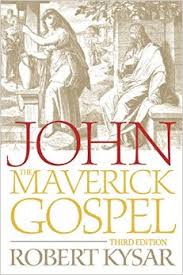
"While John uses the concept of the Spirit in a way very similar to other NT writers (e.g., 3:5ff.), he advances the Christian view of the Spirit with the concept of the 'Paraclete.' In five passages within the section called the farewell discourses (chaps. 14-16) John sketches a creative and original view of the Spirit. The Paraclete is the successor to Jesus who brings the revelation of the Father found in Christ to the believers, reminds them of all that Jesus said, glorifies Christ, and convicts the world of unbelief (14:15-17; 14:26; 15:26-27; 16:7-11, 12-14). It is in these passages that John relates the Spirit to the Father and to the Son (although not in such a sophisticated sense as the later doctrine of the Trinity) and enlivens the way in which the Spirit may be understood as related to the community of faith amid a world of unbelief.
Because of the presence of the Paraclete in the life of the believer, the blessings of the end-times—the eschaton—are already present. At times John speaks as if that final consummation of history is still a future event conceived in terms typical of apocalyptic thought, both Jewish and Christian: The end-time will bring the coming of Christ, the resurrection of the dead, judgment, and eternal life for believers (e.g., 14:3, 18, 28; 6:39-40; 12:48, 25). Yet, at other times, all of these are spoken of as present realities in the lives of the believers (e.g., 3:18; 5:21, 24, 26). Moreover, there is also some evidence for the view that believers upon their death are taken directly to a heavenly home where they dwell immediately with God (14:2-3; 17:2-3). It is clear that John's eschatology is a complex one that bridges the distinctions of time and strongly affirms the present life of the believer. In this twofold (or threefold) eschatology we see a possible hint at how John has combined in his gospel older traditional views (future eschatology) with his own interpretation of those views (present or realized eschatology).
These six themes do little more than hint at the rich and none-too-simple views of the Fourth Gospel. Perhaps, however, they do whet the appetite of the reader for the whole banquet of thought found in this gospel."
Robert Kysar, John
Augsburg Publishing House, 1986, pages 19-20
Eschaton (from the Greek ἔσχατον, eschaton, meaning "the last" or "the end") refers to the ultimate end of history and the final event in the divine plan for humanity. In theological terms, it marks the moment when God intervenes decisively to fulfill the purpose of creation, establishing a divine order of justice, peace, and righteousness.
In Christian eschatology, the eschaton is closely tied to the Kingdom of God—the reality Jesus proclaimed as having "come near" (Mark 1:15), signaling the beginning of God's reign on Earth. While Jesus initiated this kingdom through his life, death, and resurrection, the full realization of the eschaton is seen as a future event, often associated with the Second Coming of Christ [through the Paraclete], the Last Judgment, and the ultimate restoration of creation.
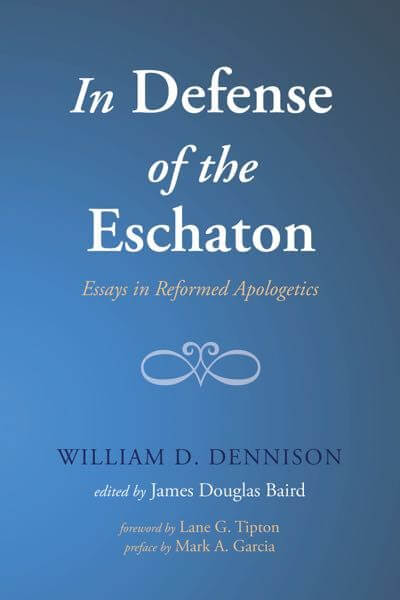
However, the eschaton is not merely about the end of time but about the fulfillment of time—a point where human history reaches its divine purpose. In this sense, it bridges the now and the not-yet: the Kingdom has begun but awaits its complete manifestation.
In broader spiritual interpretations, such as in Hinduism’s prophecy of the Kalki Avatar or Islam’s vision of the Day of Judgment (Qiyamah), similar eschatological themes emerge—highlighting a final confrontation between good and evil, followed by the establishment of truth and cosmic order.
The eschaton, therefore, is not just an apocalyptic end but a transformative renewal, inviting humanity into a higher state of being aligned with divine will.
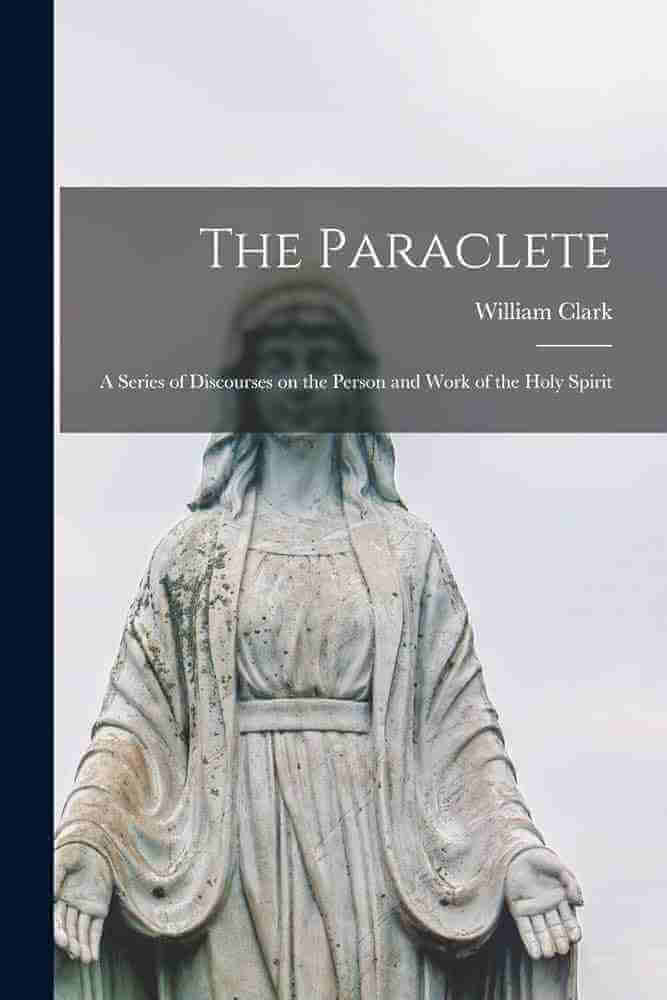
The promise of the Paraclete, as given by Jesus at the Last Supper, was not merely a promise of guidance and remembrance; it was the assurance of the Kingdom of God made present in the life of every believer. In the Gospel of John, Jesus' discourse on the Paraclete conveys that the coming of the Holy Spirit would not only testify to Him but would also usher in a new dimension of spiritual existence, one where the blessings of the end-times—the eschaton—would already be present.
Shri Mataji Nirmala Devi (1923-2011) was born into a Christian family, raised in an environment steeped in spiritual understanding. Her later marriage into a Hindu family provided a bridge between the world's great spiritual traditions, harmonizing Eastern and Western revelations of the Divine. But beyond these earthly identities, Her true essence was far greater—She was the Paraclete by divine duty and the Holy Spirit-Adi Shakti by eternal origin. As the manifestation of the Primordial Power, She came to fulfill the promises of Christ, bringing the experience of the Holy Spirit to all who sought it.
Shri Mataji: The Paraclete Who Fulfills the Johannine Eschatology
Robert Kysar, in his interpretation of the Johannine eschatology, highlights that John’s Gospel contains a complex and multi-layered view of the end-times.
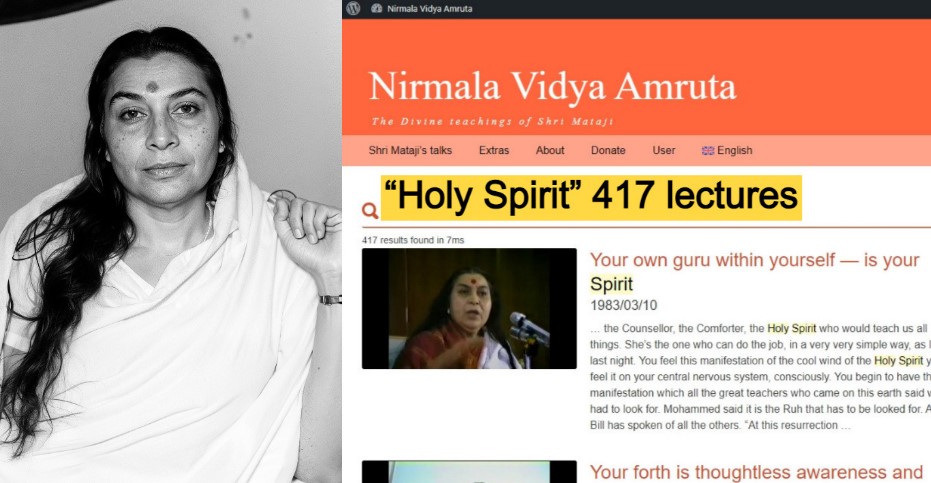
This paradox of time, where the future and present converge, is central to the Gospel’s understanding of salvation. Shri Mataji, as the incarnate Paraclete, has perfectly manifested this eschatological reality. Through the awakening of the Kundalini and Self-Realization, She has granted believers immediate access to divine consciousness, fulfilling Jesus' promise that the Kingdom of God is "within you" (Luke 17:21). The blessings of the eschaton—union with God, the resurrection into spiritual life, and the defeat of sin—are no longer abstract theological concepts but living experiences for those who have received the grace of the Holy Spirit through Her.
The Paraclete as the Successor of Christ
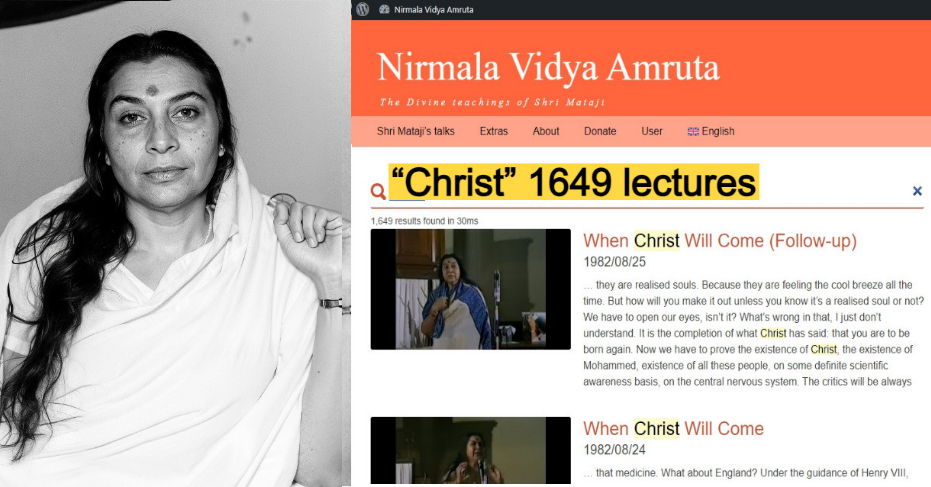
Kysar further emphasizes that the Paraclete is the successor to Jesus, bringing the revelation of the Father found in Christ to the believers. This aligns perfectly with the role of Shri Mataji, who has continuously reaffirmed that She is not separate from Christ but sent by the Divine to complete His mission.
Shri Mataji fulfills every aspect of the Paraclete’s duty as outlined in John’s Gospel:
- Revealing the Father through Christ (John 14:26) – She has deepened the understanding of Christ’s message, unveiling its spiritual essence.
- Glorifying Christ (John 16:14) – Rather than replacing Christ, She has magnified His role, emphasizing that He is integral to the divine plan.
- Convicting the World of Unbelief (John 16:8) – Through Sahaja Yoga, She has revealed the truth of the Spirit, demonstrating that faith is not blind belief but a verifiable experience.
The Kingdom of God: A Present Reality
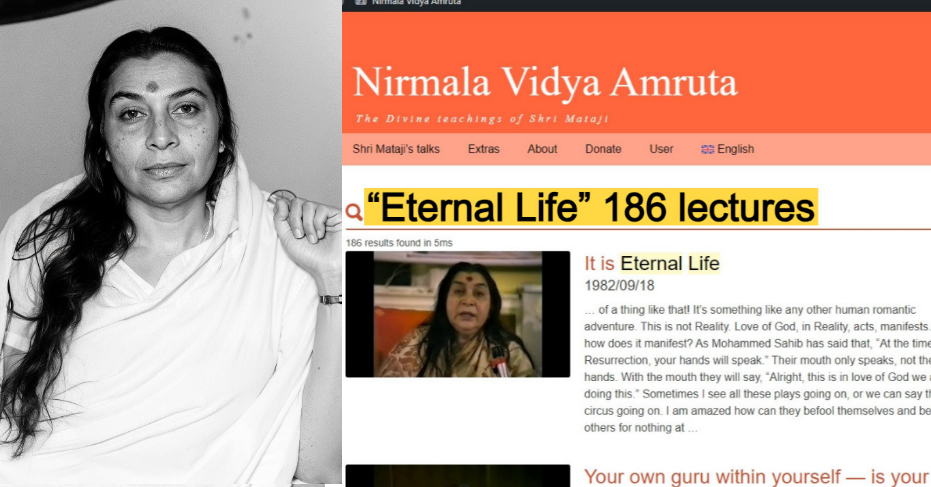
John’s eschatology bridges time, stating that eternal life and judgment are not merely future events but are happening now. The believer who accepts the Paraclete has already crossed from death to life (John 5:24). Shri Mataji’s mission has realized this by offering the experience of Self-Realization, an actual transformation that elevates the seeker into divine awareness.
Those who have received this awakening have already entered into the blessings of the Kingdom of God, as evidenced by their inner peace, spiritual rebirth, and direct connection to the Divine. Shri Mataji's countless discourses affirm this truth: that salvation is not only an afterlife promise but a present experience.
The Living Eschaton: The Paraclete and the Community of Faith
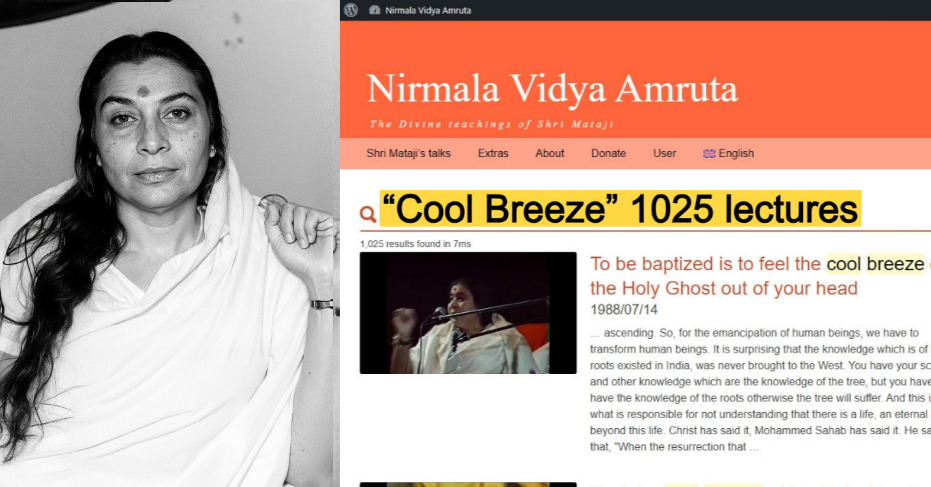
Another key point from Kysar is that John portrays the Paraclete as intimately related to the community of faith. The Spirit does not work in isolation but within the collective body of believers. Shri Mataji has actualized this principle by establishing a living global community of enlightened souls, connected through the Holy Spirit. Just as the early Christians experienced the presence of Christ through the Spirit, today’s Sahaja Yogis experience divinity through the vibrations [Cool Breeze] and spiritual energy [Kundalini] given by Shri Mataji.
Conclusion: The Absolute Fulfillment of the Paraclete’s Promise
Because of Shri Mataji’s presence, the eschaton is not merely an anticipated event but a present reality. Every scriptural prophecy concerning the Paraclete has been fulfilled in Her life and mission, making it clear that She is the one promised by Jesus, sent by the Father to lead humanity into all truth.
The blessings of the end-times—the restoration of divine connection, the triumph over sin, and the realization of eternal life—are already here for those who accept the Paraclete. As Kysar suggests, John's Gospel presents eschatology not as a distant hope but as a living truth. Shri Mataji has proven this by granting the experience of the Holy Spirit, ensuring that the divine promise is not just spoken but lived.
The world no longer waits for the fulfillment of Christ’s words—it has already arrived in the form of the Paraclete, Shri Mataji Nirmala Devi. Those who recognize and receive Her are already partakers in the divine blessings of the eschaton, living the eternal truth of God’s Kingdom here and now.
Apokalypsis: The fulfillment of eschatological instruction by the Paraclete in the Age to Come promised by Jesus at the Last Supper
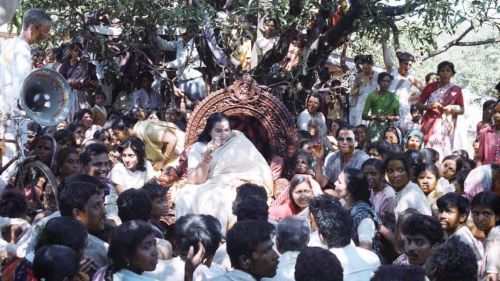
Paraclete Papers
PART ONE: An Investigative Report on Christianity's Greatest Cover-UpPART TWO: The Paraclete's Human Personality and the Theological Fallacy of Pentecost
PART THREE: The Greatest Deception in Human History: Pentecost as Satan's Trojan Horse
PART FOUR: Unveiling the Church Born from the Prince's Millennia of Deception
PART FIVE: Apokalypsis: Paraclete's Fulfillment of Jesus' Eschatological promise from Last Supper in Age to Come
PART SIX: The Paraclete and Pentecost: A Critical Analysis of Johannine Eschatology
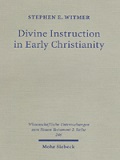 |
“I conclude the chapter by suggesting that the teaching of the Holy Spirit/Paraclete, because it is understood as the continuation of Jesus' teaching, is also regarded as the fulfillment of the promise of eschatological divine instruction.” Stephen E. Witmer Divine instruction in Early Christianity |
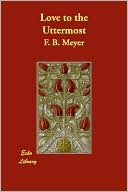 |
“And when Jesus foreannounced another Comforter, He must have intended a Person as distinct and helpful as He had been. A breath, an afflatus, an impersonal influence could not have stood in the same category as Himself.” F. B. Meyer, Love to the Utmost |
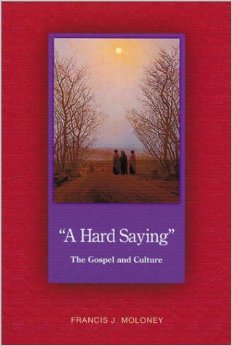 |
“There is something new and startling in both his person and his teaching that defies the categories provided by the world and culture in which he lived. It is clearest in all its radical nature in Jesus' insistence that in his person and activity God's decisive intervention was already present:” Francis Moloney, A Hard Saying |
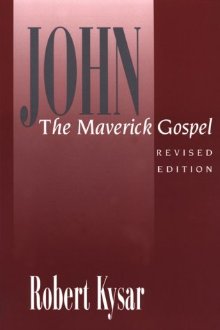 |
“The Paraclete has a twofold function: to communicate Christ to believers and, to put the world on trial.” Robert Kysar, John The Meverick Gospel |
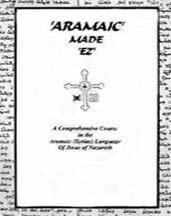 |
“But She—the Spirit, the Paraclete...—will teach you everything.” Danny Mahar, Aramaic Made EZ) |
 |
“Grammatical nonsense but evidence of the theological desire to defeminize the Divine.” Lucy Reid, She Changes Everything |
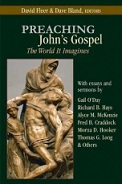 |
“The functions of the Paraclete spelled out in verses 13-15... are all acts of open and bold speaking in the highest degree.” David Fleer, Preaching John's Gospel |
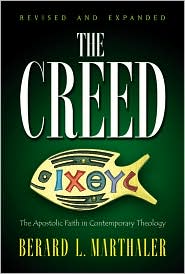 |
“The reaction of the world to the Paraclete will be much the same as the world's reaction was to Jesus.” Berard L. Marthaler, The Creed: The Apostolic Faith in Contemporary Theology |
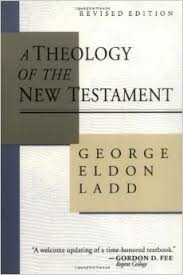 |
Bultmann calls the “coming of the Redeemer an 'eschatological event,' 'the turning-point of the ages.” G. Ladd, A Theology of the New Testament |
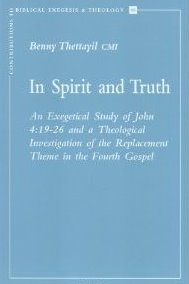 |
“The Paraclete equated with the Holy Spirit, is the only mediator of the word of the exalted Christ.” Benny Thettayil, In Spirit and Truth |
 |
“The divine Paraclete, and no lessor agency, must show the world how wrong it was about him who was in the right.” Daniel B. Stevick , Jesus and His Own: A Commentary on John 13-17 |
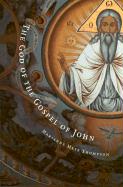 |
Stephen Smalley asserts that “The Spirit-Paraclete ... in John's Gospel is understood as personal, indeed, as a person.” Marianne Thompson, The God of the Gospel of John |
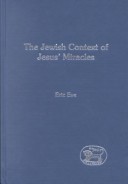 |
“The Messiah will come and the great age of salvation will dawn (for the pious).” Eric Eve, The Jewish context of Jesus' Miracles |
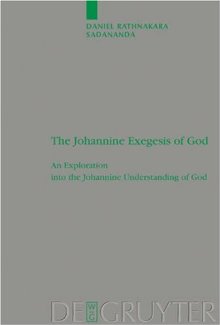 |
“The remembrance is to relive and re-enact the Christ event, to bring about new eschatological decision in time and space.” Daniel Rathnakara Sadananda, The Johannine Exegesis of God |
 |
“The Spirit acts in such an international situation as the revealer of 'judgment' on the powers that rule the world.” Michael Welker, God the Spirit |
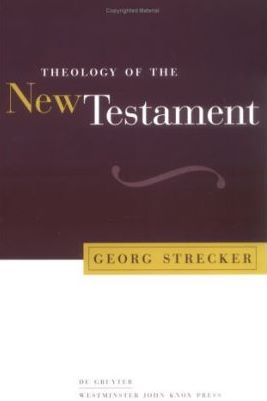 |
The Paraclete's “Appearance means that sin, righteousness, and judgment will be revealed.” Georg Strecker, Theology of the New Testament |
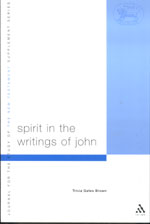 |
“While the Spirit-Paraclete is the true broker, the brokers they rely on are impostors.” T. G. Brown, Spirit in the writings of John |
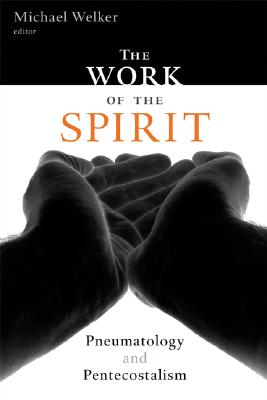 |
“The pneumatological activity ... of the Paraclete ... may most helpfully be considered in terms of the salvific working of the hidden Spirit.” Michael Welker, The work of the Spirit |
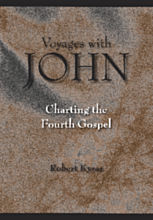 |
“The pneuma is the peculiar power by which the word becomes the words of eternal life.” Robert Kysar, Voyages with John |
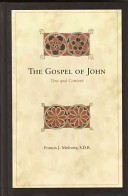 |
“The gift of peace, therefore, is intimately associated with the gift of the Spirit-Paraclete.” Francis J. Moloney, The Gospel of John |
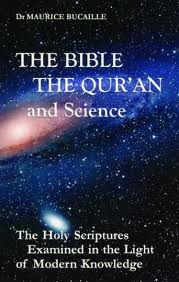 |
“Jesus therefore predicts that God will later send a human being to Earth to take up the role defined by John .i.e. to be a prophet who hears God's words and repeats his message to man.” M. Bucaille The Bible, the Qur'n, and Science |
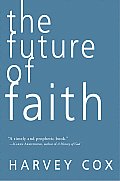 |
“This utopian hope, even when modestly expressed, links Jesus and the prophets to a much wider history of human longing.” Harvey Cox, The Future of Faith |
 |
“Because of the presence of the Paraclete in the life of the believer, the blessings of the end-times—the eschaton—are already present.” Robert Kysar, John |
 |
“They are going, by the Holy Spirit's power, to be part of the greatest miracle of all, bringing men to salvation.” R. Picirilli, The Randall House Bible Commentary |
 |
“The Kingdom of God stands as a comprehensive term for all that the messianic salvation included... is something to be sought here and now (Mt. 6:33) and to be received as children receive a gift (Mk. 10:15 = Lk. 18:16-17).” G. Ladd, A Theology of the New Testament |

